Worksheet Solutions: Scientists and their Inventions | General Knowledge for Young Learners - Class 1 PDF Download
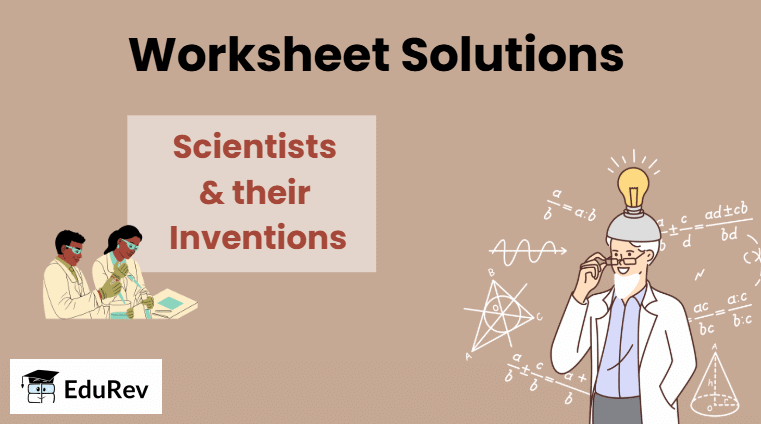
MCQs
1. Who is known as the "Father of Nuclear Physics"?
a) Albert Einstein
b) Ernest Rutherford
c) Isaac Newton
d) Marie Curie
Ans: b) Ernest Rutherford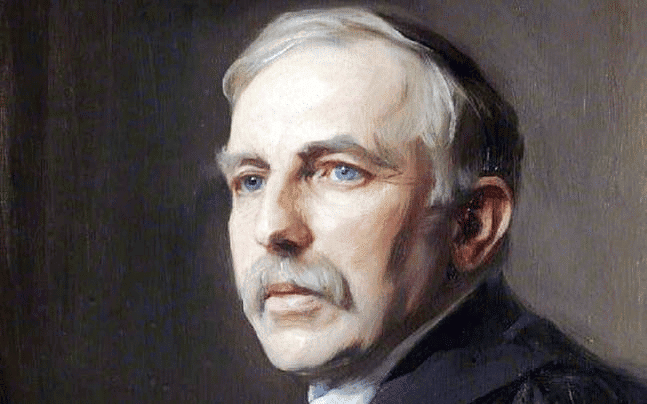
2. Who developed Ohm’s Law?
a) James Chadwick
b) Georg Simon Ohm
c) Nikola Tesla
d) Max Planck
Ans: b) Georg Simon Ohm
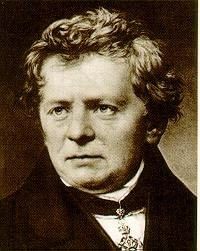
3. Who is credited with discovering X-rays?
a) Henri Becquerel
b) Wilhelm Röntgen
c) Max Planck
d) Michael Faraday
Ans: b) Wilhelm Röntgen
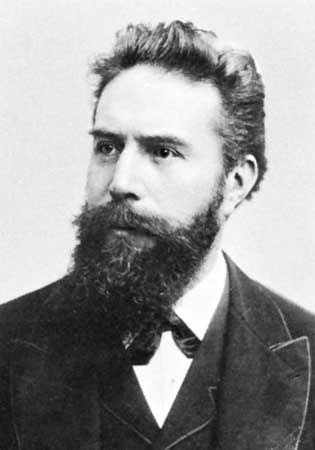
4. Who is known for his work on the quantum theory of energy?
a) Isaac Newton
b) James Chadwick
c) Max Planck
d) Enrico Fermi
Ans: c) Max Planck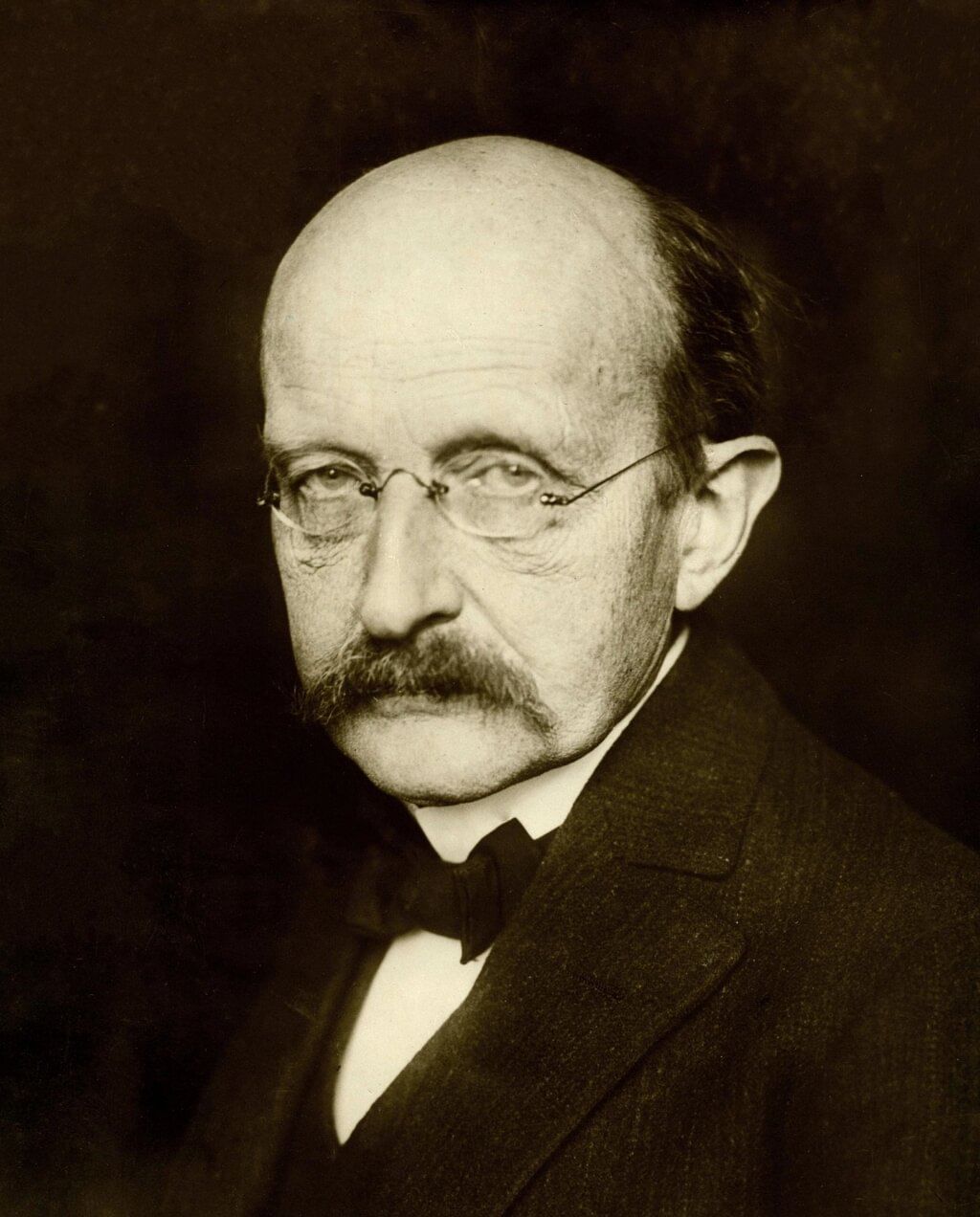
5. Who invented the carbon filament lightbulb?
a) Nikola Tesla
b) Albert Einstein
c) Thomas Edison
d) James Chadwick
Ans: c) Thomas Edison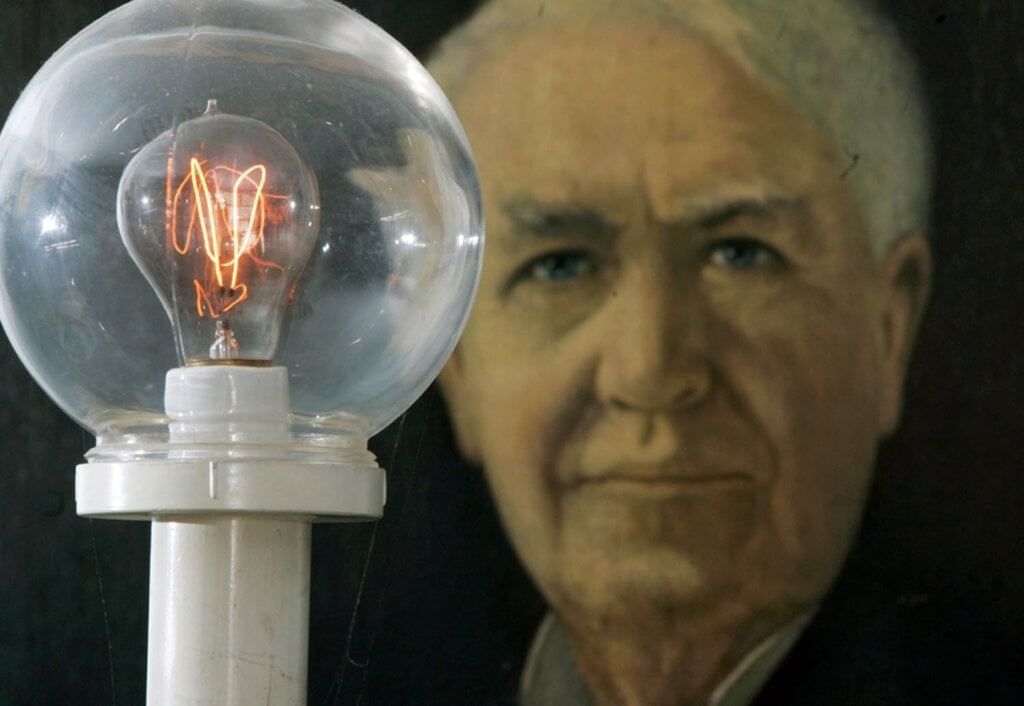
Match the Following
Ans:
Guess the Scientist/ Inventions
1. I flew a kite in a storm and learned about lightning. Who am I?
Ans: Benjamin Franklin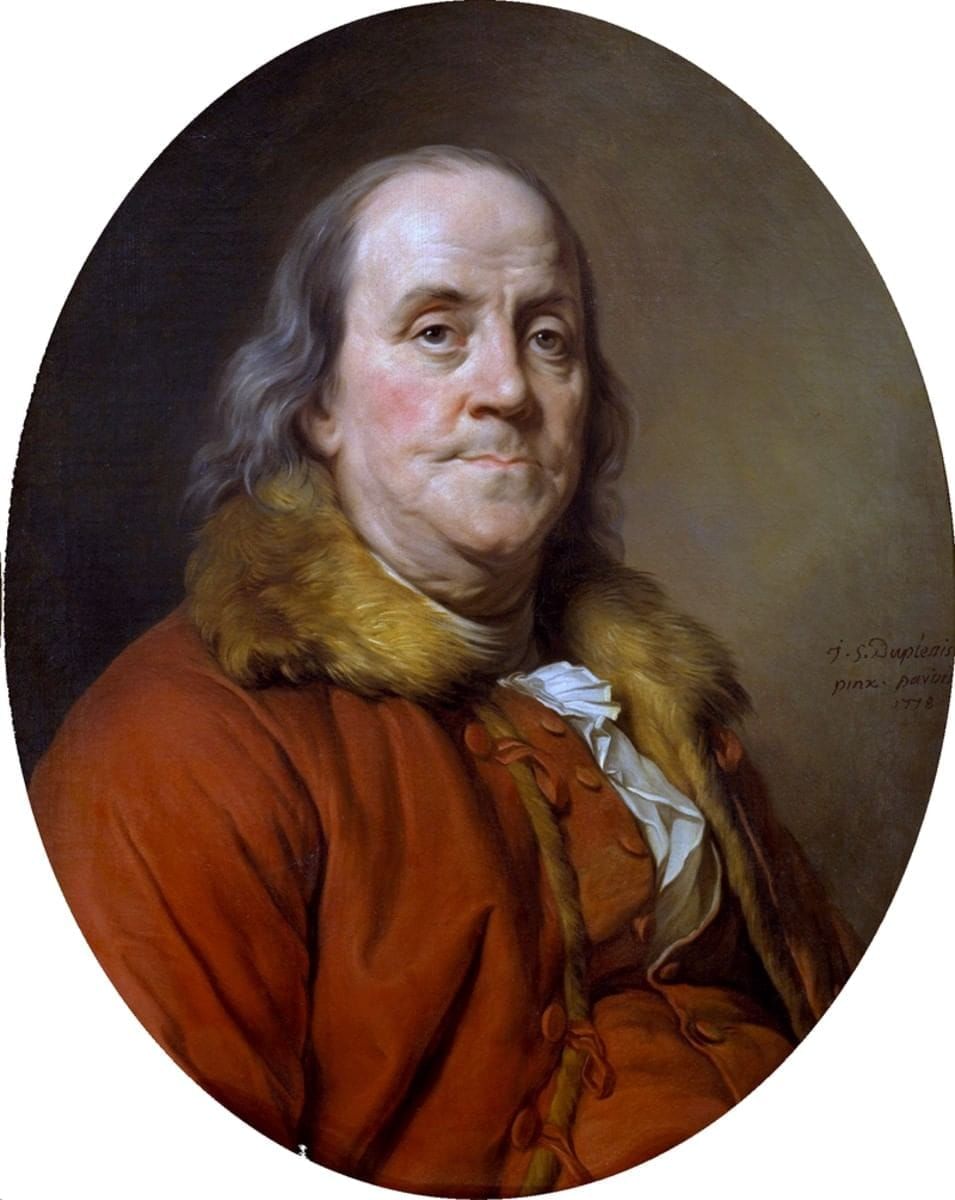
2. I am a force that pulls you down. Without me, you’d float away. What am I?
Ans: Gravity
3. I help you talk to someone far away. I’m not a smartphone, but I started it all. What am I?
Ans: Telephone
4. I made a machine that talks over wires so people can chat far away. Who am I?
Ans: Alexander Graham Bell
5. I shine bright at night and make the dark go away. What am I?
Ans: Light Bulb
Short Answer Questions
1. What is Albert Einstein’s famous equation?
Ans: E = mc² (This equation shows the relationship between energy, mass, and the speed of light.)
2. What did Marie Curie discover and why was it important?
Ans: Marie Curie discovered radioactivity and the elements Polonium and Radium. Her work was important because it advanced the study of atomic physics and medicine.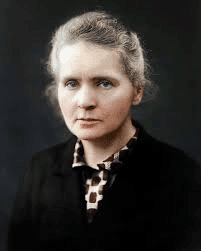
3. What is J.J. Thomson famous for?
Ans: J.J. Thomson is famous for discovering the electron, which helped us understand the structure of the atom.
4. What did Isaac Newton discover about gravity?
Ans: Isaac Newton discovered that gravity is a force that attracts objects toward each other, and this helps explain how planets move.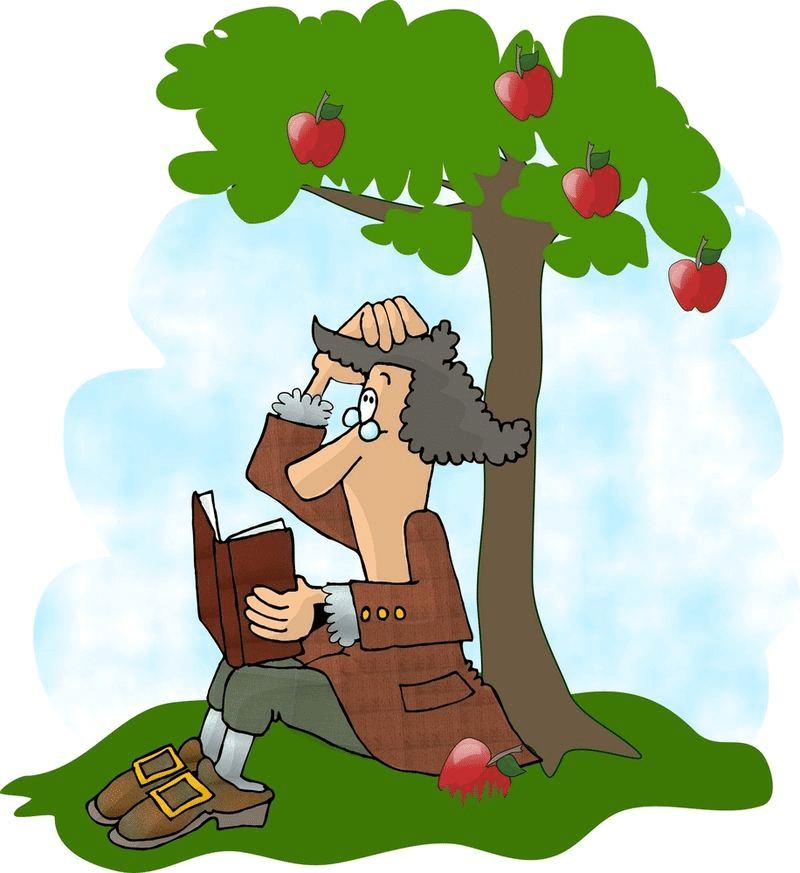
5. Why is Thomas Edison called “America’s greatest inventor”?
Ans: Thomas Edison is called "America’s greatest inventor" because he invented many useful devices like the lightbulb, phonograph, and motion picture camera, impacting modern life significantly.
|
64 videos|153 docs|40 tests
|
FAQs on Worksheet Solutions: Scientists and their Inventions - General Knowledge for Young Learners - Class 1
| 1. Who are some famous scientists and their key inventions? |  |
| 2. How can I prepare for an exam on scientists and their inventions? |  |
| 3. What is the importance of learning about scientists and their inventions? |  |
| 4. How are scientists categorized based on their inventions? |  |
| 5. What resources can I use to learn more about scientists and their inventions? |  |





















